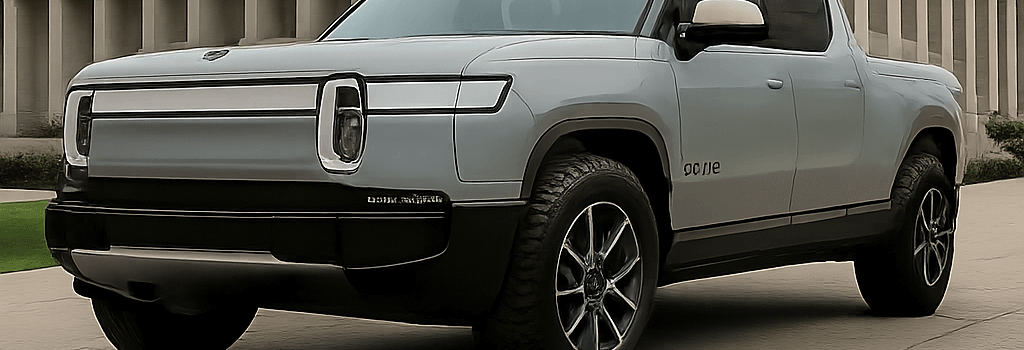Rivian’s Sales Showdown in Ohio: Technical and Regulatory Insights

Overview
Electric vehicle pioneer Rivian has filed suit against the Ohio Bureau of Motor Vehicles, demanding that the state lift its ban on direct-to-consumer sales. This legal battle represents the latest chapter in the broader industry shift away from the century-old franchised dealer model toward a web-enabled, vertically integrated retail platform.
Historical Context
The prohibition on manufacturer-owned dealerships dates back to the 1930s, when legacy automakers lobbied for state laws to limit vertical integration. By outsourcing sales and distribution to independent dealers, manufacturers conserved capital for factory expansion and R&D.
Rivian v. Ohio
State Law and Exemptions
Since 2014, Ohio Revised Code § 4517.01 prohibits a manufacturer or its affiliates from obtaining a retail license, with a carve-out for Tesla. Rivian’s suit argues the carve-out is arbitrary:
“Ohio allows Rivian to perform warranty service, rent vehicles, and even sell cars out of state for Ohio delivery, yet it refuses to let us finalize a sale in Ohio,” says Rivian’s complaint.
Technical Sales Infrastructure
- Cloud-based Retail Platform: Rivian uses AWS to host its online configurator and payment gateway, leveraging Amazon Cognito for secure identity management.
- In-App Over-The-Air Updates: Purchasers get seamless OTA delivery of software features via Rivian’s Azure-integrated CI/CD pipeline for vehicle firmware.
- CRM and Telematics: The company’s Salesforce-backend CRM ingests telematics data over MQTT to personalize service reminders and feature unlocks.
Regulatory and Policy Analysis
In 2014, the Federal Trade Commission called franchise laws anticompetitive, yet 26 states still impose bans or stringent regulations. Industry analysts at the International Council on Clean Transportation estimate that direct sales could reduce transaction costs by 5–10% and accelerate EV adoption by improving demo access.
Comparative OEM Strategies
- Tesla’s Model: Secured exemptions in 23 states via targeted lobbying and litigation.
- Scout Motors (VW Group): Facing dealer lawsuits in California and Texas for its proposed online–only sales of electric SUVs.
- Legacy OEMs: Ford and GM are piloting digital showroom projects, combining franchised outlets with direct online ordering.
Industry Impact and EV Adoption
Direct-to-consumer sales platforms combine vehicle ordering, financing, and insurance APIs into a unified portal. By eliminating up to three layers of transaction markup, Rivian claims this model can free up to $2,000 per vehicle in savings, which it can reinvest in extended battery warranties or free software upgrades.
Expert Opinions
Dr. Sarah Lopez, Automotive Economist: “The direct model aligns manufacturers’ and consumers’ interests, reducing friction. But states with entrenched dealer lobbies will resist change.”
Jason Chen, Software Architect at an EV startup: “Building a secure, scalable ecommerce and vehicle-management stack is nontrivial. Rivian’s multi-region Kubernetes clusters and PCI-DSS–compliant payment flow set a new standard.”
Future Outlook
Potential Legislative Changes
The Biden administration’s EV Infrastructure Plan, unveiled in Q2 2025, hints at federal incentives for states that permit direct sales. Meanwhile, the FTC has opened a review of auto franchise laws under its Section 5 authority, potentially paving the way for national reform.
Conclusion
Ohio’s case could become a landmark if Rivian succeeds in federal court. Beyond the immediate stakes for one automaker, the outcome will shape how EVs are retailed, serviced, and integrated into digital ecosystems for years to come.